What should I know before undergoing shoulder surgery in Mexico?

Deciding to have shoulder surgery in Mexico is a significant step, often motivated by the promise of affordable, high-quality medical care. Many patients return home with successful results and positive stories to share. However, the key to a smooth journey lies in preparation and knowing the right questions to ask. The idea of traveling to another country for a medical procedure can be daunting, and it’s natural to have a long list of concerns. From the surgeon's expertise to the logistics of post-operative care, being well-informed is your best tool for a successful outcome.
This guide is designed to feel like a conversation with someone who has been through it all. We’ll walk through the essential things you should know before packing your bags. Think of this as a comprehensive checklist covering everything from the initial consultation to your recovery back home. We will explore how to find a reputable surgeon, what to expect in terms of costs, and how to navigate the healthcare system in Mexico as an international patient. Understanding these key aspects will not only ease your anxieties but also empower you to make the best decisions for your health. The goal is to ensure your medical travel experience is as seamless and stress-free as possible, allowing you to focus on what truly matters: your recovery and returning to a pain-free life.
How much does shoulder surgery cost in Mexico?
One of the primary reasons patients consider Mexico for medical procedures is the cost. The savings are substantial, even when factoring in travel and accommodation. However, it's essential to get a detailed quote that outlines everything included in the price. A comprehensive package should cover the surgeon's fees, anesthesia, hospital stay, pre-operative tests, and basic post-operative medications.
Here’s a general breakdown of what you might expect to pay for different types of shoulder surgeries:
- Shoulder Arthroscopy: This minimally invasive procedure typically ranges from $3,700 to $10,000. The final price depends on the complexity of the repair needed.
- Rotator Cuff Repair: For this common surgery, costs usually fall between $5,000 and $10,000. More complex tears that require an open procedure might be at the higher end of this range.
- Total Shoulder Replacement: This is the most expensive procedure, with costs ranging from $12,000 to $20,000. This includes the cost of the implant itself, which is a significant part of the expense.
Always ask for a line-item quote to avoid any surprise charges. Some clinics offer all-inclusive packages that even cover accommodation and ground transportation, which can simplify the process significantly.
How do I find a qualified orthopedic surgeon in Mexico?
Your surgeon's skill and experience are the most critical factors in the success of your surgery. Don't be hesitant to do a deep dive into their qualifications. A reputable surgeon will be transparent about their training, certifications, and experience. Look for surgeons who are members of the Mexican Council of Orthopedics and Traumatology (CMOT) or other respected professional bodies.
Many of the best surgeons in Mexico have received training in the US or Europe and are fluent in English. Check their clinic's website for biographies and credentials. Medical tourism facilitators like PlacidWay can also connect you with pre-screened, highly-qualified surgeons. Reading patient testimonials and looking at before-and-after photos can provide further insight into their work and patient care standards.
What questions should I ask my surgeon before the procedure?
A pre-operative consultation, whether virtual or in-person, is your opportunity to get all your questions answered. This is a crucial step in building trust and ensuring you are comfortable with your treatment plan. Don't hold back; a good surgeon will welcome your questions and provide clear, thorough answers.
Here are some essential questions to ask:
- How many of these specific procedures have you performed?
- What are the success rates for this surgery at your clinic?
- What type of anesthesia will be used, and who will administer it?
- What are the potential risks and how do you mitigate them?
- What does the recovery process look like, and what are the limitations?
- How will post-operative pain be managed?
- What is the plan for follow-up care, both in Mexico and once I return home?
What is the quality of hospitals and clinics in Mexico?
The image of healthcare in Mexico has transformed in recent years. Major cities like Tijuana, Cancun, and Mexico City are home to world-class hospitals that are specifically designed to serve international patients. These facilities are often equipped with the latest medical technology and adhere to stringent standards of hygiene and patient care.
When researching hospitals, look for those with JCI accreditation, which is considered the gold standard in global health care. This certification indicates that the hospital meets the same rigorous standards as top hospitals in the United States. Many clinics also have partnerships with US-based healthcare systems, further ensuring a high level of quality and care.
What should I expect during the recovery period in Mexico?
Your recovery will begin the moment you wake up from surgery. The initial focus will be on pain management and monitoring for any immediate complications. Most shoulder surgeries require at least an overnight stay in the hospital. The medical staff will ensure you are comfortable and stable before discharging you.
Many clinics offer or can recommend recovery hotels that are equipped to handle post-operative patients. These facilities provide a comfortable and safe environment for your initial healing. It's crucial to follow your surgeon's instructions regarding rest, medication, and activity levels. You will likely have a follow-up appointment with your surgeon before you are cleared to travel back home.
Is physical therapy necessary after shoulder surgery?
Physical therapy is not an optional part of your recovery; it is a critical component. Your surgeon will prescribe a detailed rehabilitation protocol that should be followed diligently. Many clinics in Mexico have on-site physical therapists who will work with you during your stay. They will teach you the exercises you need to do and ensure you are performing them correctly.
Before you leave Mexico, your therapist should provide you with a comprehensive plan to continue your rehabilitation at home. It's a good idea to arrange for a physical therapist in your hometown before you travel for surgery, so you can transition seamlessly into your long-term recovery plan.
What are the risks of having surgery in Mexico?
Every surgical procedure carries some level of risk, regardless of where it is performed. The key to a safe experience is choosing a high-quality facility and a skilled surgeon. Reputable hospitals in Mexico have strict protocols to minimize the risk of infection and other complications.
One of the unique risks of medical tourism is the need for long-distance travel after surgery. This can increase the risk of deep vein thrombosis (DVT). Your surgeon will likely recommend that you stay in Mexico for a certain period after your surgery to ensure you are stable enough for travel. They may also advise you to wear compression stockings and move around as much as possible during your flight.
How do I handle communication and language barriers?
The thought of a language barrier can be a significant source of anxiety. However, the medical tourism industry in Mexico is well-prepared to handle international patients. The majority of surgeons and a large portion of the nursing staff in top-tier hospitals speak fluent English. You can confirm this during your initial research and consultations.
If you are concerned, you can use translation apps on your phone for casual interactions outside the hospital. Within the clinic, you will likely be assigned a patient coordinator who acts as your advocate and ensures that all your questions are answered and your needs are met. Clear communication is a priority for these facilities, as their reputation depends on positive patient experiences.
What documents do I need to travel to Mexico for medical treatment?
Traveling to Mexico for medical care is a straightforward process from a documentation perspective. As a tourist, which is how medical patients are classified, your primary requirement is a valid passport. It’s a good practice to ensure your passport is valid for at least six months beyond your planned return date.
In addition to your passport, it's wise to carry a folder with all your relevant medical information. This should include your medical history, any recent test results, and a list of all medications and supplements you are currently taking. This information will be invaluable for your surgeon and the medical team in Mexico.
What should I pack for my trip?
Packing strategically can make your recovery period much more comfortable. Since you will have limited use of one arm, clothing that is easy to manage is essential. Think button-down shirts, zip-up hoodies, and loose-fitting pants with elastic waistbands.
Here are a few items to include on your packing list:
- Loose-fitting tops and bottoms
- Slip-on shoes or sandals
- All prescribed and over-the-counter medications in their original containers
- A copy of your medical records and travel documents
- A travel neck pillow for support and comfort
- Entertainment like books, tablets, or headphones for your downtime
Choosing to have shoulder surgery in Mexico can be a rewarding decision that gives you access to excellent care at an affordable price. By doing your homework and preparing for the journey, you can ensure a smooth, successful, and positive experience. The key is to be an active participant in your healthcare, ask plenty of questions, and choose a provider you trust.
Ready to explore your options for high-quality, affordable shoulder surgery? Explore PlacidWay's network of accredited hospitals and board-certified surgeons in Mexico to find the right solution for your needs and take the first step toward a pain-free life.


.png)
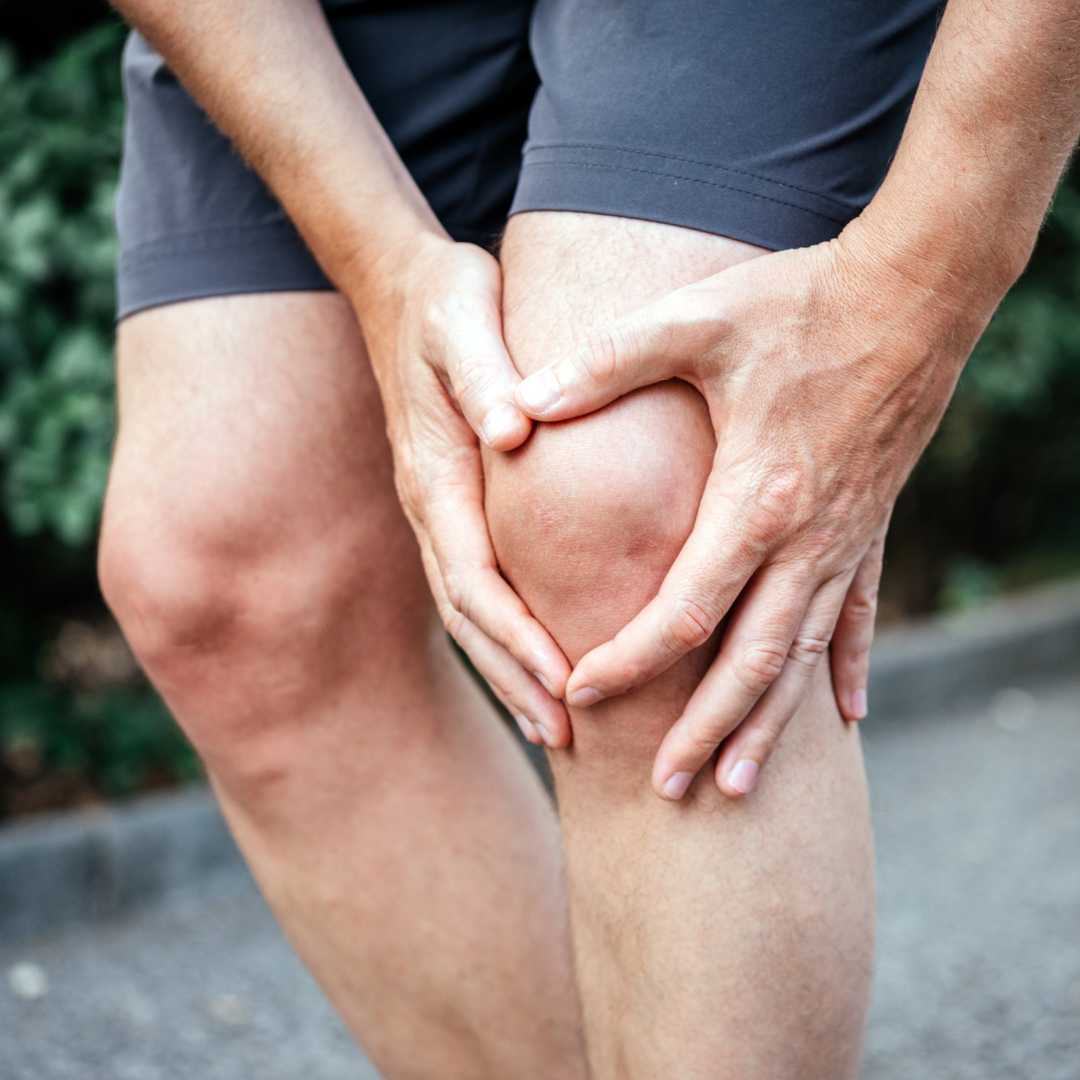



.png)
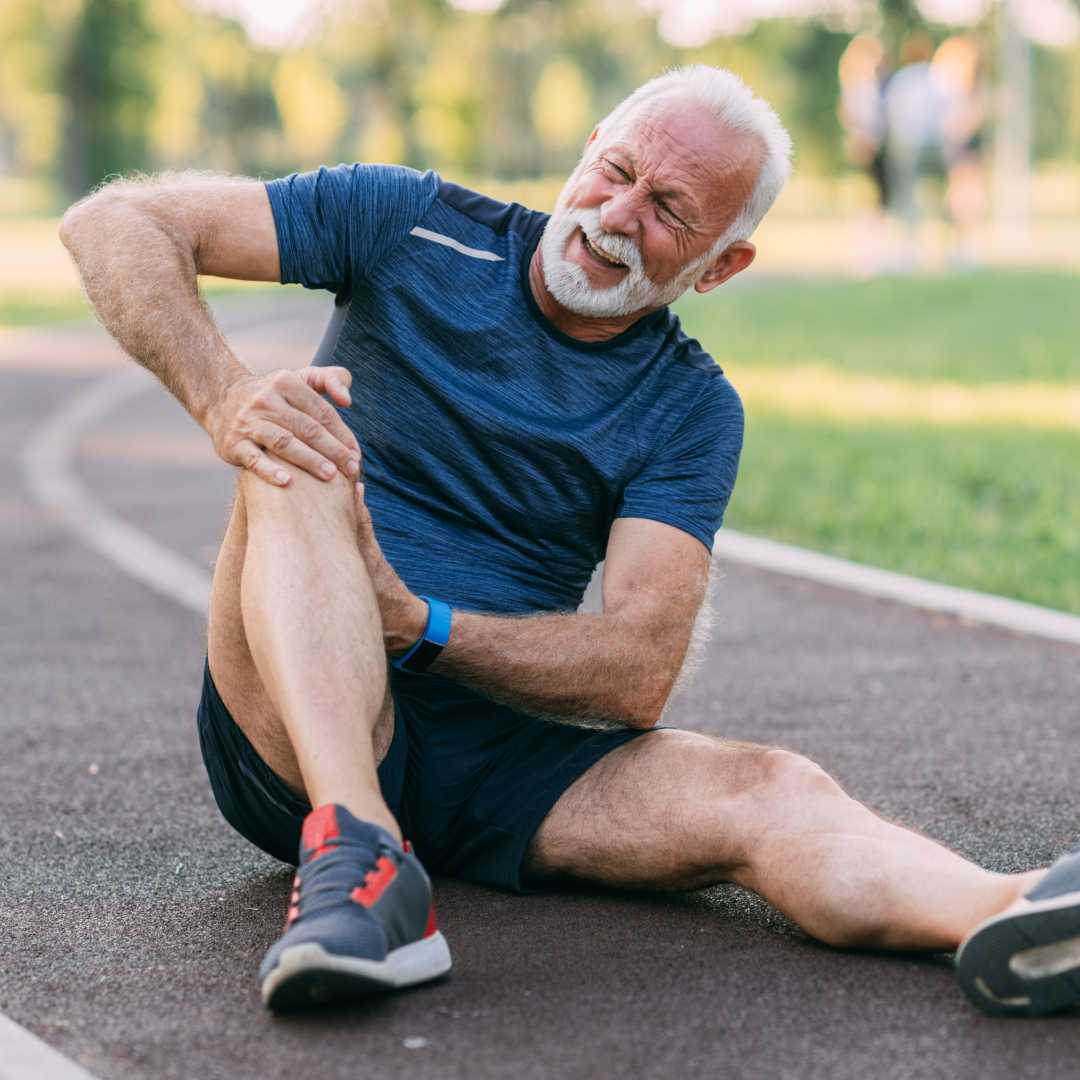
.png)
.png)

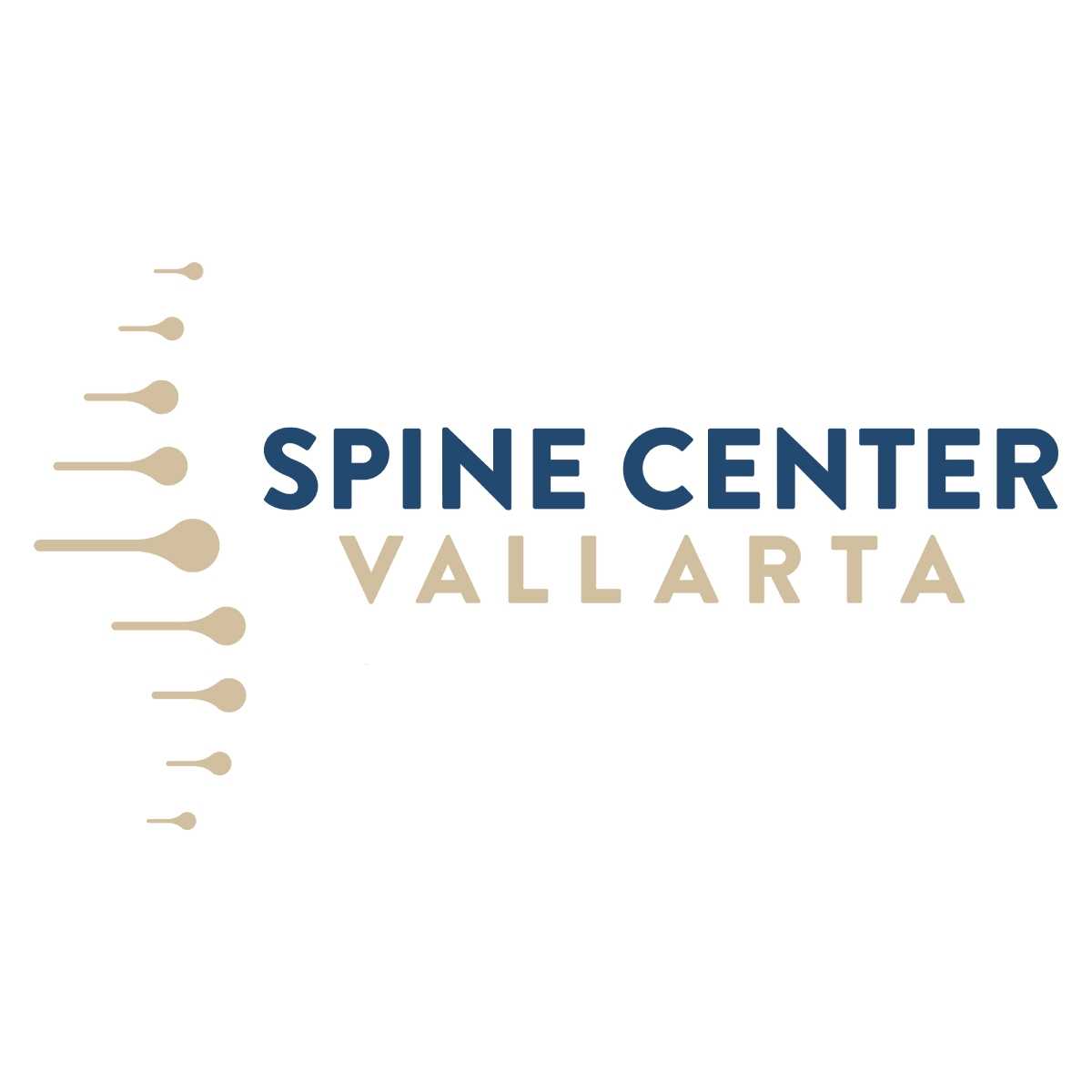

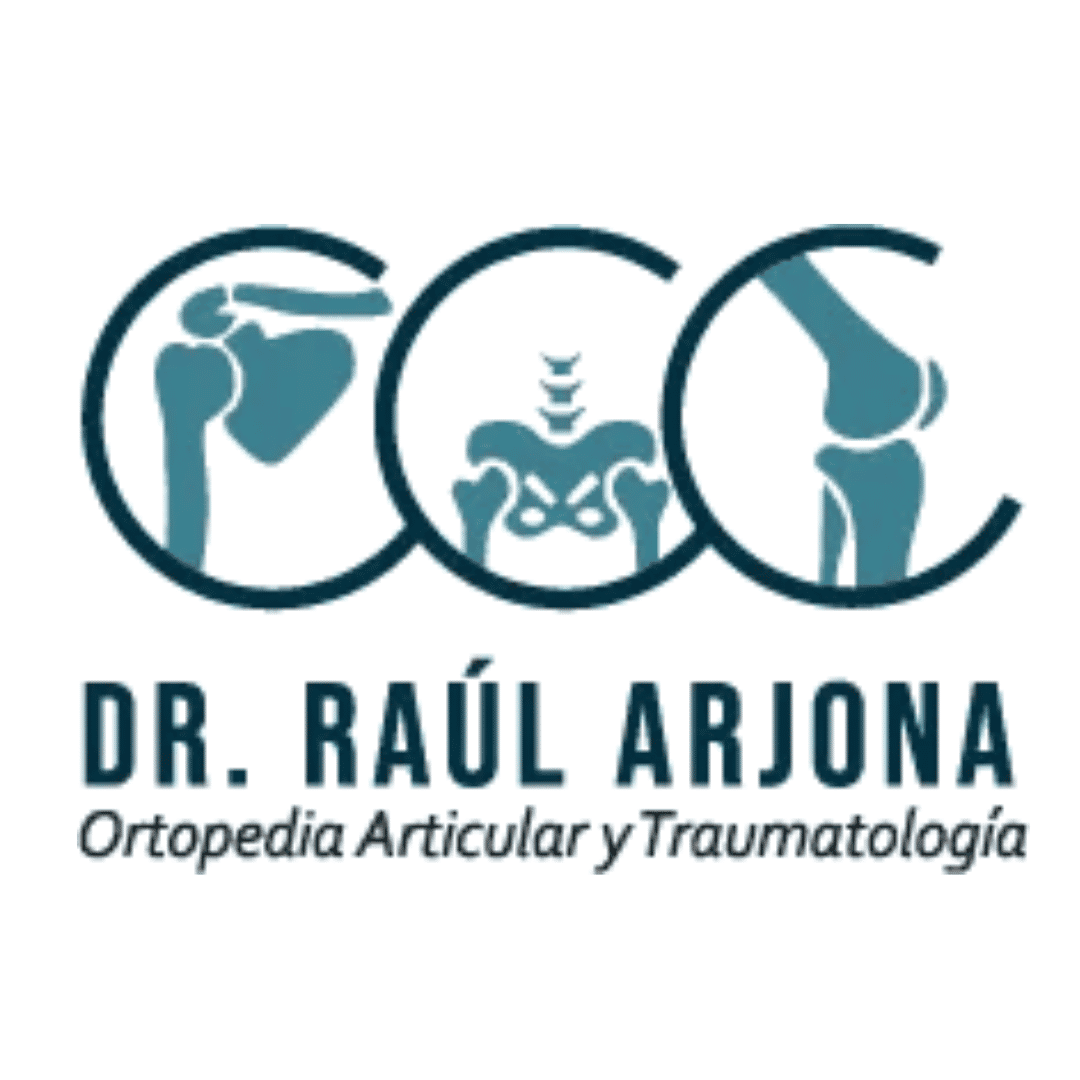
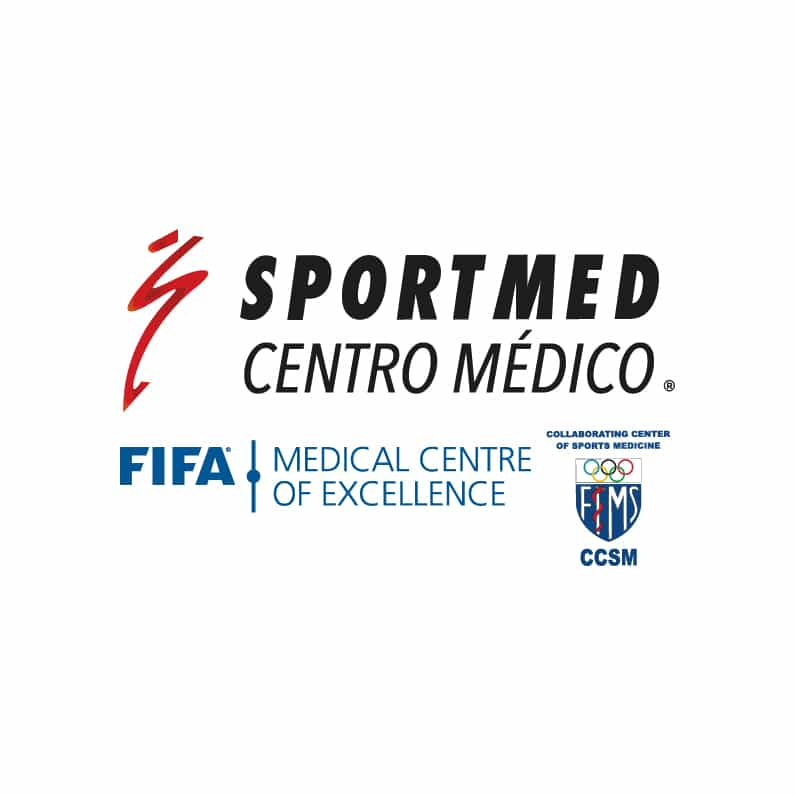

Share this listing